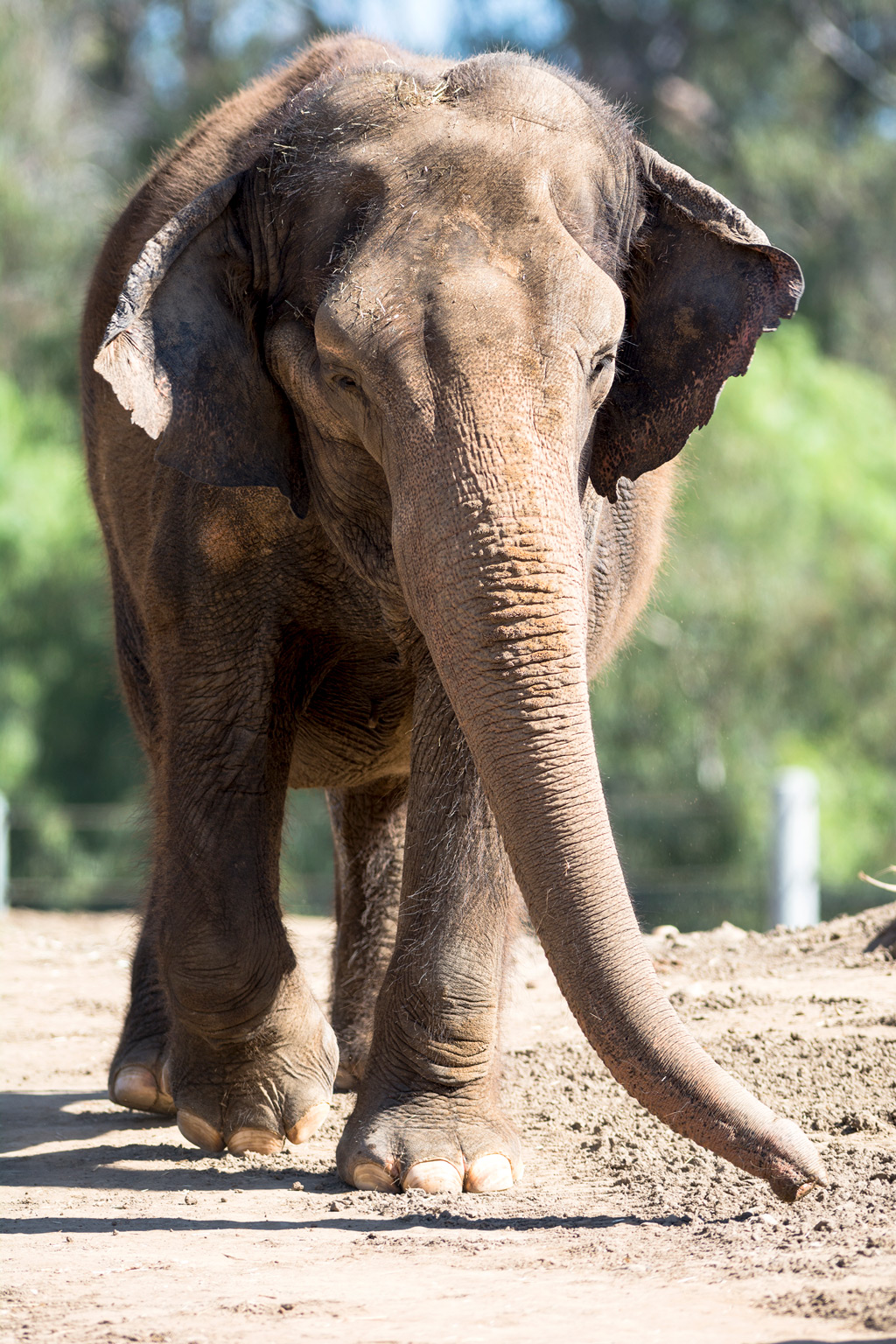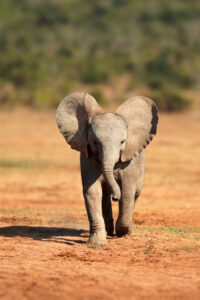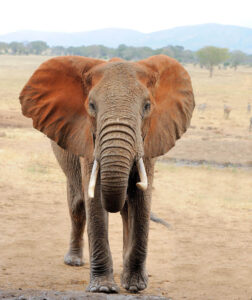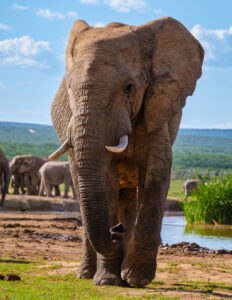Elephants, the majestic giants of the animal kingdom, have always been a subject of fascination for many. Their sheer size, intelligence, and social behavior make them unique. But have you ever wondered about their dietary habits? In this article, we delve deep into understanding what elephants eat and how their diet impacts their environment.
Key Takeaways
- Elephants are herbivores and primarily consume plants.
- An adult elephant can eat up to 100 kg (220 pounds) of food daily.
- Their diet includes grasses, fruits, roots, and even the woody parts of trees.
- Elephants play a significant role in shaping the ecosystems they inhabit due to their substantial consumption.
Dietary Habits of Elephants
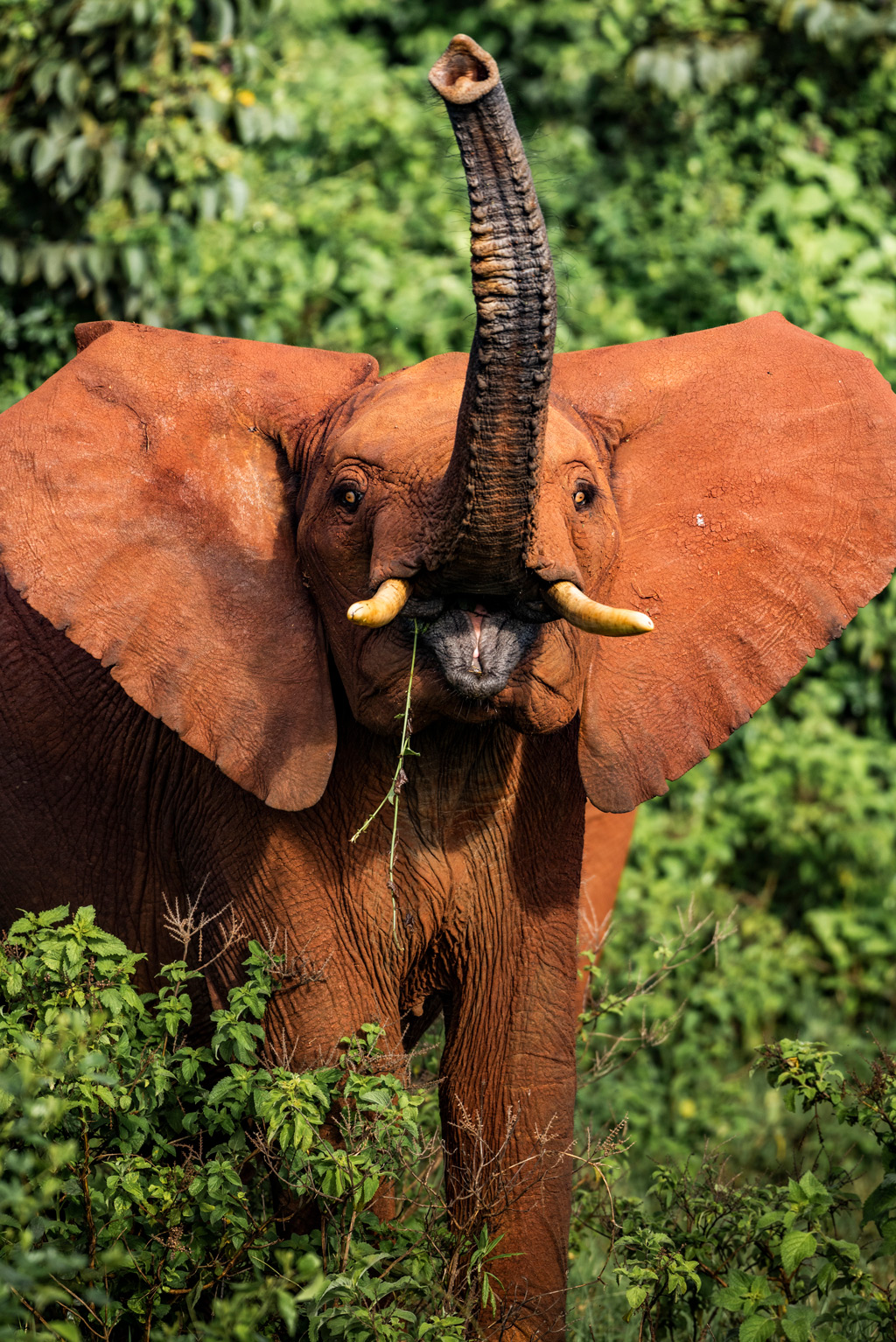
Grasses: The Primary Food Source
Elephants are predominantly grazers. Grasses form a significant portion of their diet, especially during the rainy season when these are abundant. They use their versatile trunks to pluck grass and then transfer it to their mouths.
Fruits and Roots: A Delightful Addition
When fruits are in season, elephants relish them. They are particularly fond of fruits like mangoes and bananas. Roots, on the other hand, provide them with essential nutrients and are often dug up using their tusks.
Woody Plants: A Crucial Part of Their Diet
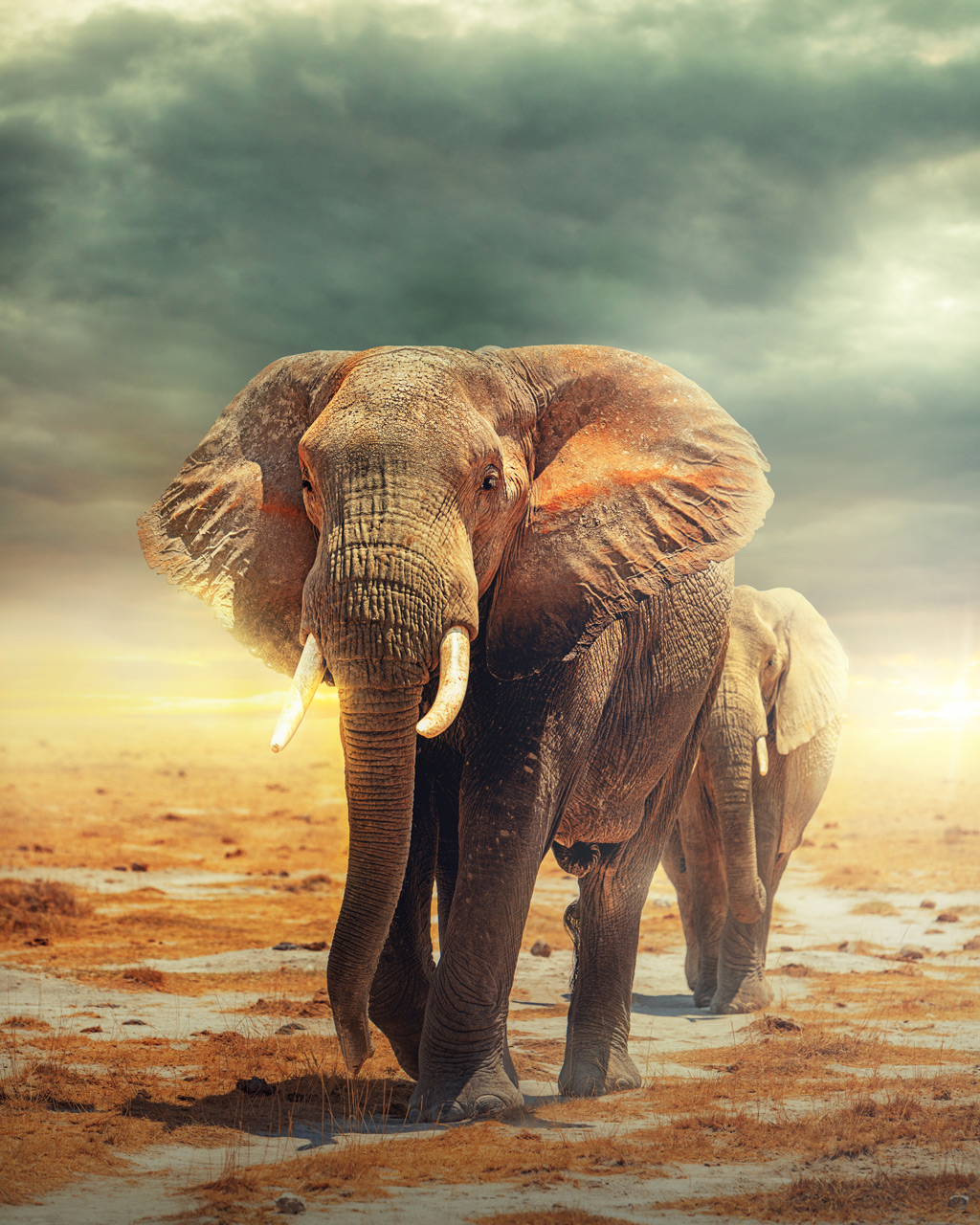
Woody plants, including the bark of trees, twigs, and branches, are a vital part of an elephant's diet. They provide essential fibers and nutrients. Elephants strip the bark from trees using their tusks and then chew on it, extracting the nutritious cambium layer.
https://www.youtube.com/watch?v=oaKVewUeo6w
The Ecological Impact of Elephant's Diet
Elephants are not just passive consumers of vegetation. Their feeding habits have a profound impact on the environment they inhabit.
Seed Dispersal Agents
Elephants consume a variety of fruits, and in the process, they ingest seeds. These seeds are then dispersed through their dung, facilitating the spread of many plant species. This seed dispersal plays a crucial role in maintaining the biodiversity of the regions they inhabit.
Landscape Architects
By feeding on trees and shrubs, elephants prevent these plants from overtaking grasslands. This helps maintain a balance between wooded areas and open grasslands, ensuring that the ecosystem remains diverse and vibrant.
https://youtube.com/watch?v=c8rPKbUljx8
Water Source Creators
In their quest for water during dry periods, elephants dig waterholes. These waterholes then become a vital source of water for other animals, playing a pivotal role in the survival of many species during droughts.
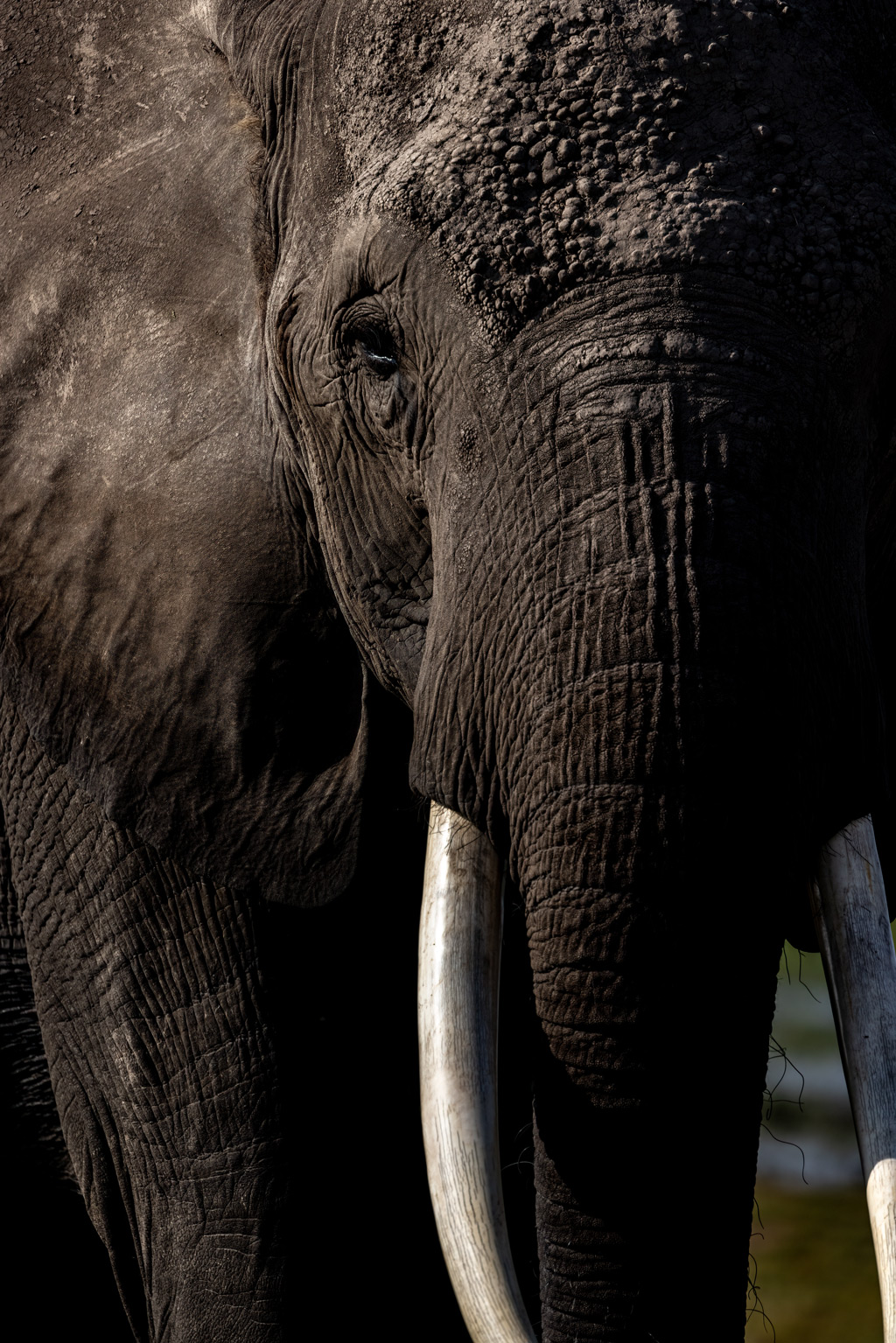
The Challenges Elephants Face
While elephants have a diverse diet, they face numerous challenges in their quest for food. Human encroachment, habitat loss, and climate change are some of the significant challenges that threaten their food sources.
Human-Elephant Conflict
As human populations expand, elephants' habitats are shrinking. This often leads to elephants entering human settlements in search of food, leading to conflicts. Such conflicts can result in the loss of life, both human and elephant.
Climate Change and Its Impact
Changing weather patterns due to climate change can lead to prolonged droughts or excessive rains. Both these extremes can impact the availability of food for elephants, making their survival challenging.
https://youtube.com/watch?v=EMoKbzZhR_0
Delving Deeper into the Elephant Diet
Elephants, with their massive size and equally large appetites, have diets that are both fascinating and crucial for their survival. As we continue our exploration into the world of elephants and their dietary habits, we'll address some frequently asked questions and provide additional resources for those keen on learning more.
Frequently Asked Questions (FAQs)
How much water do elephants drink daily?
Elephants consume a significant amount of water daily. An adult elephant can drink up to 100 litres (26 gallons) of water in a single day. This amount can even double for a particularly thirsty individual.
Are there differences in the diets of African and Asian elephants?
Yes, while both species are herbivores, their diets vary based on their habitats. African elephants, which roam vast savannahs, consume more grasses, while Asian elephants, found in forested areas, tend to eat more tree bark, roots, and fruits.
Do elephants eat meat?
No, elephants are herbivores, which means they only consume plant-based foods. They do not eat meat.
How do elephants use their tusks while feeding?
Elephants use their tusks for various purposes, including digging for water or roots and stripping bark from trees. The tusks are an essential tool that aids in their feeding habits.
Why are elephants considered ‘ecosystem engineers'?
Due to their substantial consumption of vegetation, elephants play a pivotal role in shaping their environment. They help maintain a balance between grasslands and forests, create waterholes, and aid in seed dispersal, thus earning the title of ‘ecosystem engineers'.
